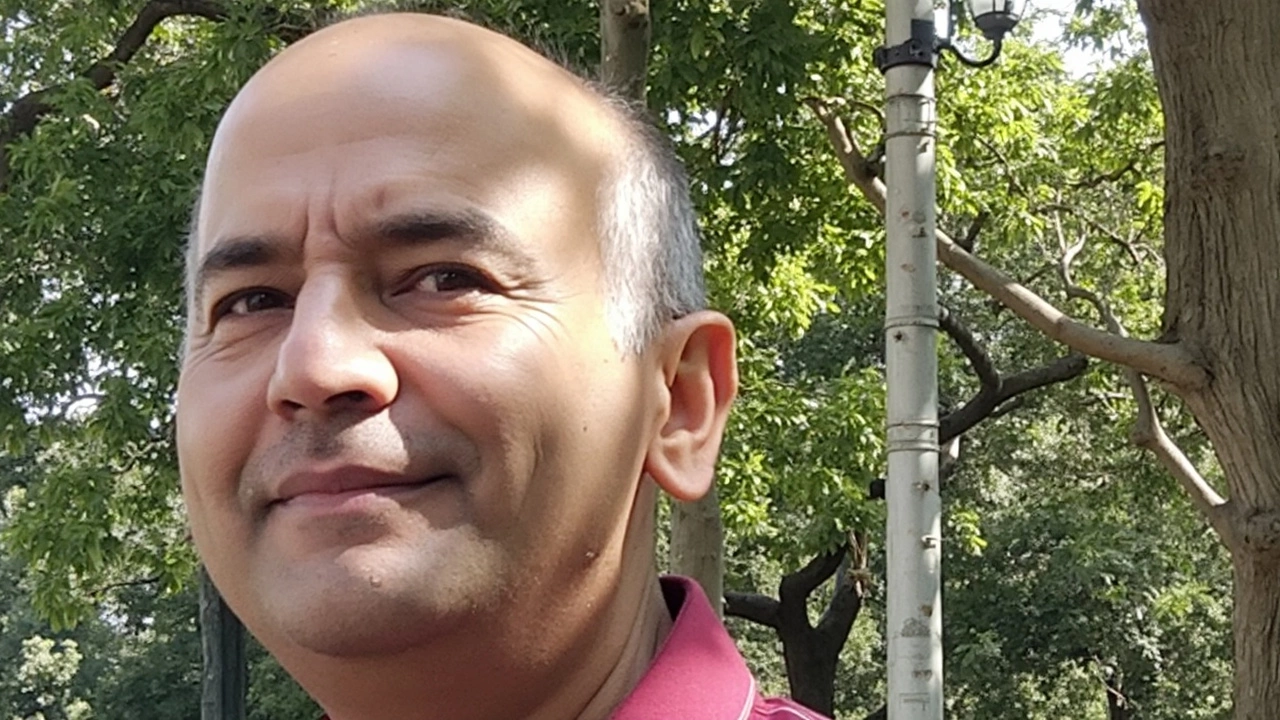The political landscape of Delhi witnessed a dramatic shift as the Bharatiya Janata Party (BJP) emerged victorious in the 2025 Delhi Assembly elections, effectively ending a decade of dominance by the Aam Aadmi Party (AAP). Manish Sisodia, a prominent figure in AAP and former Deputy Chief Minister, conceded defeat to BJP's Tarvinder Singh Marwah in the Jangpura constituency. In a closely fought battle, Sisodia lost by a narrow margin of just 600 votes, a reflection of the intense competition in what was once considered a bastion for AAP.
The elections held on February 5, 2025, recorded an overall voter turnout of 60.54%. Notably, South Delhi's Jangpura constituency reported a lower participation rate of 32.67%. Despite the odds stacking against him, Sisodia had expressed hope for a successful campaign in the traditionally AAP-supported area. However, the results showed a change in voter sentiment, with BJP capturing 45 out of 70 seats, comfortably surpassing the majority mark of 36 seats in the assembly.
Delhi BJP chief Virendra Sachdeva attributed the party's success to the governance model under Prime Minister Narendra Modi, arguing it set a stark contrast to AAP's perceived inefficiencies in handling infrastructure and public services. This rhetoric seemed to resonate with the voters, who expressed their discontentment with the local government, paving the way for BJP's return.
The defeat in Jangpura is emblematic of larger setbacks AAP faced, as leading figures like Arvind Kejriwal and Saurabh Bharadwaj found themselves trailing in their constituencies. Sisodia, who had made the strategic shift from Patparganj to Jangpura, acknowledged the Herculean efforts his party made but accepted the people's verdict with a focus on future reforms and solutions. He expressed anticipation for the newly elected Marwah to effectively address the constituency's local issues.
This election outcome marks a pivotal chapter in Delhi's political narrative, as AAP's decade-long control has been interrupted. The BJP's triumph indicates a reshuffling of political loyalties among the electorate and sets the stage for an evolving rivalry as both parties gear up for future elections. The results from this assembly election are expected to influence broader political strategies, not just in Delhi but potentially across other states witnessing similar electoral challenges.
